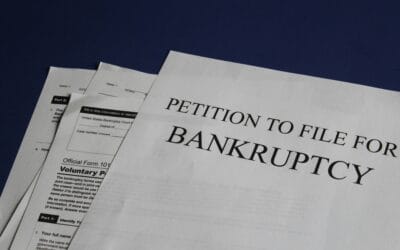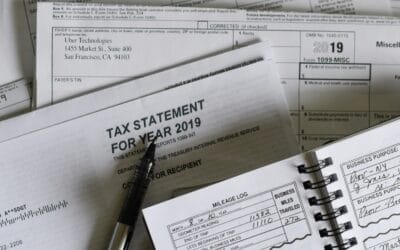When considering this decision, it is essential to evaluate your combined financial situation. If both you and your spouse are struggling with overwhelming debts that are difficult to manage, filing jointly may be a practical option. By doing so, you could streamline the process and allow both of you to tackle your financial difficulties together. Filing together can also lead to a more comprehensive discharge of debts, as it considers your combined income and obligations.
However, it is not just about practicality. Emotional and relational dynamics must also be taken into account. Bankruptcy can be a stressful experience, and facing it as a united front can strengthen your partnership. Open communication about your financial struggles, fears, and hopes is crucial. It can foster a sense of teamwork, as you both navigate the legal intricacies and the aftermath together.
On the other hand, there are instances where filing individually might be more beneficial. If one spouse has significantly higher debts than the other or if one is solely responsible for the financial turmoil, going solo could protect the other’s financial future. Filing separately may allow the spouse with fewer debts to maintain a healthier credit score, which can be vital for rebuilding finances down the line.
It is wise to consult a financial advisor or an attorney who specializes in bankruptcy to explore the nuances of your specific circumstances. They can help you weigh the pros and cons, providing insights not only on the financial implications but also on how your choice may impact your relationship.
Ultimately, the choice to file for bankruptcy with your spouse should be made thoughtfully, with open dialogue and careful consideration of both the financial and emotional aspects. By standing together, you have the opportunity to emerge from this challenging situation with a renewed sense of purpose and a plan for a brighter financial future.










